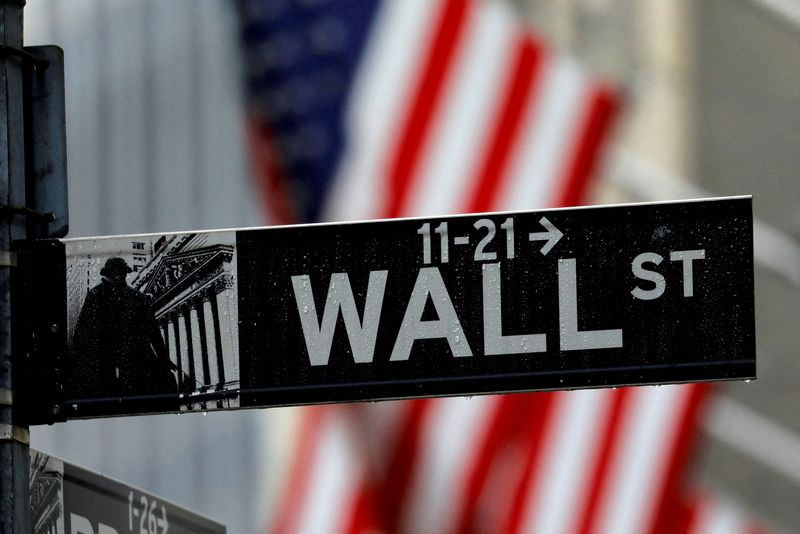Select Language

August CPI awaited for more cues
The focus this week is squarely on consumer price index inflation data for August, due on Thursday.
The print is expected to reflect some of the inflationary effects of Trump’s tariffs, given that a bulk of them took effect last month. Trump’s tariffs are expected to be borne by U.S. importers– a trend that could underpin local inflation.
Due out on Thursday, the data from the Labor Department’s Bureau of Labor Statistics is anticipated to show that prices grew at a rate of 2.9% in August, accelerating slightly from 2.7% in July.
Producer price index inflation data is also due this week.
While the inflation data is unlikely to factor into the Fed’s September rate decision, it is likely to affect the Fed’s stance towards future easing. The central bank has repeatedly warned that inflationary risks from Trump’s tariffs could delay future rate cuts.
French, Japanese politics in spotlight
Taking an international view, the French government is set to hold a confidence vote on Prime Minister Francois Bayrou’s fiscal plan later in the session
Should a collection of opposition parties vote against the government, as is broadly anticipated, Bayrou would be forced to submit his resignation to French President Emmanuel Macron, adding more uncertainty to a government struggling to pass ambitious deficit reduction targets.
This follows the Sunday’s news that Japan’s Prime Minister Shigeru Ishiba will step down as the leader of the Liberal Democratic Party, just weeks after its ruling coalition suffered a crushing defeat in the upper house elections.
Ishiba signaled that his resignation was also after Tokyo had secured a trade deal with the U.S., which will entail relatively lower tariffs on Japanese goods.
But his abrupt resignation now opens the door to a potential leadership struggle in the world’s fourth-largest economy, especially after the LDP lost its majority in the upper house.
Crude gains after OPEC+ meeting
Oil prices surged higher after the OPEC+ production group agreed to raise output at a substantially smaller pace than that seen earlier this year.
At 05:45 ET, Brent futures gained 2% to $66.79 a barrel, and U.S. West Texas Intermediate crude futures rose 2% to $63.13 a barrel.
The Organization of Petroleum Exporting Countries and allies, known as OPEC+, agreed on Sunday to raise production by a cumulative 137,000 barrels per day in October, much lower than monthly hikes of about 555,000 bpd and 411,000 bpd in earlier months.
The cartel’s latest hike comes after it began steadily raising production earlier this year, as leader Saudi Arabia sought to regain market share to offset deteriorating oil prices.

